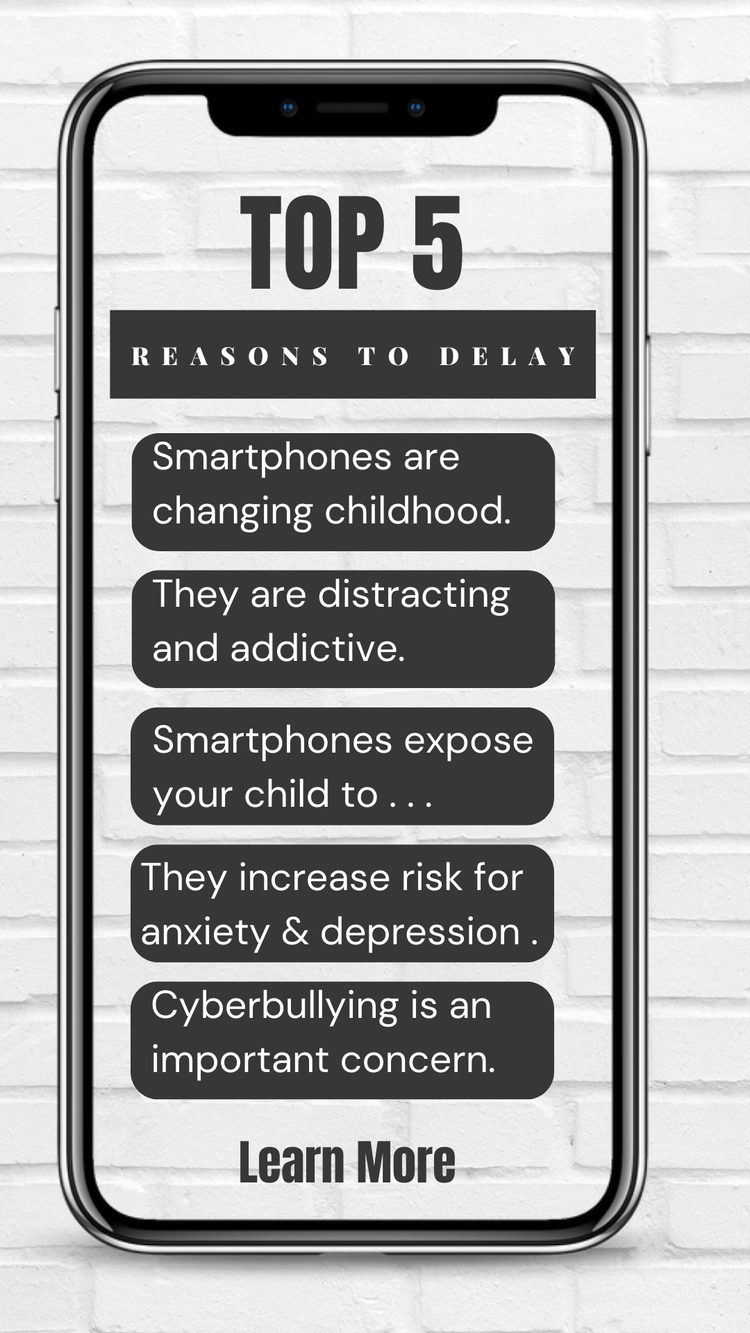Technology Recommendations
 Deciding how to integrate technology and, more specifically, social media into our children’s lives is one of the most pressing concerns for today’s parents. At Wilson Hall, we choose technology that supports the developmental goals we have for our students. Directing our decisions is the recognition that the ability to pay attention to complex problems, processes, and knowledge for sustained periods of time is and will be an essential skill for our students.
Deciding how to integrate technology and, more specifically, social media into our children’s lives is one of the most pressing concerns for today’s parents. At Wilson Hall, we choose technology that supports the developmental goals we have for our students. Directing our decisions is the recognition that the ability to pay attention to complex problems, processes, and knowledge for sustained periods of time is and will be an essential skill for our students.
Using that metric, for example, we still expect students to read challenging literature. Books are among the greatest of technologies! But we also expect students to earn two credits in technology in either engineering, robotics, 3D art, or computer science, fields that demand sustained attention. At Wilson Hall, we focus on the intentional use of technology as a means to a developmental end. Technology integration is an extension of research-informed instruction.
As for cell phones, students may bring them to school (6 th -12 th ), but they are to be turned off, and during class, they are placed into designated holders. Using a cell phone during school hours, with few exceptions, is not allowed, mainly because we want to ensure our students are present in their community, speak when spoken to, and have an opportunity to unplug from their phones, which is so rare in our world.
As partners in your child’s development, it is incumbent on us to provide a few recommendations for our parents who are navigating the challenges and opportunities of personal tech devices. We recognize that these five recommendations do not apply to every situation and every family, though what we are recommending is supported by research and experience with these issues. Any resources we provide do not represent our position entirely, but they provide avenues to continue the conversation in your family about appropriate technology use.
1. Delay social media until at least 8th or 9th grade: It is our position that social media impedes positive and productive adolescent development, especially in middle school, and especially with middle school girls. Part of the mental health crisis for students is, at a minimum, correlated with social media use. For more, see this article.
Resource: https://www.waituntil8th.org/.
Smartphone Alternatives: https://www.waituntil8th.org/devices.
2. Don’t text your child during school hours: One of the most challenging issues the school faces are students using their phones inappropriately during the school day because their parents are texting them. This disrupts their experience at Wilson Hall as well as their focus in class. We recognize that juggling the family schedule is a real challenge; however, please plan ahead to the degree possible, and when surprises happen, call the school, and we will get the information to your child.
3. Establish good home study habits: As a general rule, students should never have a cell phone near them when they are studying and doing homework. Most people believe they can multi-task (performing two cognitive actions at the same time), which is what we call a neuromyth (see “Research-Informed page for more information). When a student toggles between, for example, writing an essay and answering text messages, the brain is actively switching tasks, which can cost them up to 20 minutes to get back into the flow of activity. That means homework that should take 90 minutes, may now double, which leads to other problems like a lack of sleep. There are apps, too, that will disable the internet on a computer to help with focus. If a student needs the internet for their homework, however, we recommend positioning them in a place where you can actively or loosely monitor their activity.
4. Remove the screens from the bedroom: The National Sleep Foundation provides a full explanation for this recommendation, as well as the possible connection between daily screentime use and quality of sleep. A good rule is to stop screen use 30 minutes before bed. A lack of quality sleep has major health and developmental implications for your child.
5. Regulate yours and your child’s tech time: Some families have implemented a “Tech Sabbath” during the week and have seen and felt great results. Critics of a “Tech Sabbath” argue that for any other “behavior that’s addicting and exhausting,” we would never suggest a temporary break but a “radical and permanent” reduction of that behavior. Our position is, like in our classrooms, it’s all about intentionality. If we are using our devices mindlessly or as a default when we get bored or are uncomfortable, we have a problem that needs to be addressed. Our recommendation is to talk to your children about what intentional use looks like and strategies for supporting those efforts and to model that behavior for your children.